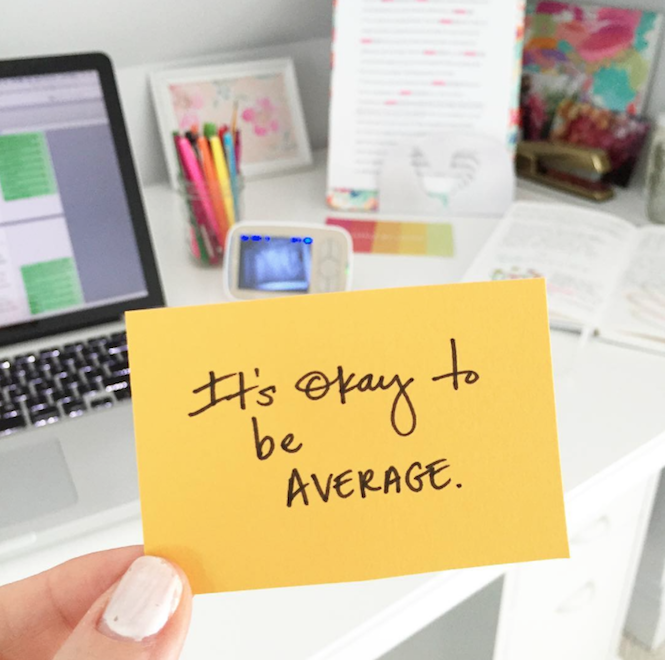Last week we explored Jesus' familiar exhortation, most often translated as "be perfect as your heavenly Father is perfect." A much better translation might be "be merciful." Only God is perfect. But we can participate in God's perfect mercy, God's all-inclusive and impartial love. As St. Bonaventure said,
"Christ is the one whose center is everywhere and whose circumference is nowhere." [1]
This is the Wholeness that holds you.
You can't figure this Wholeness out rationally,
nor can you control it.
All you can do is fall into
this Wholeness that holds you
when you stop excluding,
even the dark parts of yourself.
R. Rohr
|
This is illustrated in the following story shared by clinical psychologist and Buddhist Tara Brach. One of her clients, a woman called Marian, was devastated when she found out her daughter had been sexually abused as a child by her then-husband. Marian blamed herself for not protecting the little girl. Brach writes:
Fearing she might harm herself, Marian sought counsel from an elderly Jesuit priest who had been one of her teachers in college. Crying, she collapsed in the overstuffed chair he offered. "Please, please help me," she pleaded. He listened to her story and sat quietly with her as she wept. When she calmed down, he gently took one of her hands and began drawing a circle in the center of her palm. "This," he said, "is where you are living. It is painful--a place of kicking and screaming and deep, deep hurt. This place cannot be avoided, let it be."
Then he covered her whole hand with his. "But if you can," he went on, "try also to remember this. There is a greatness, a wholeness that is the kingdom of God, and in this merciful space, your immediate life can unfold. This pain," and he again touched the center of her palm, "is held always in God's love. As you know both the pain and the love, your wounds will heal." [italics mine]
Marian felt as if a great wave of compassion was pouring through the hands of the priest and gently bathing her, inviting her to surrender into its caring embrace. As she gave her desperation to it, she knew she was giving herself to the mercy of God. The more she let go, the more she felt held. Yes, she had been blind, and ignorant, she had caused irreparable damage, but she wasn't worthless, she wasn't evil. Being held in the infinite compassion of God, she could find her way to her own heart.
Feeling compassion for ourselves in no way releases us from responsibility for our actions. Rather, it releases us from the self-hatred that prevents us from responding to our life with clarity and balance. The priest was not advising Marian to ignore the pain or to deny that she had failed her daughter, but to open her heart to the love that could begin the healing. [2]
The only real perfection of which humans are capable is to include, absorb, forgive, and transform human imperfection. Humans are conduits and transformers much more than self-sufficient generators. Such is the character of a whole (and holy) human being.
Gateway to Silence
When I am weak I am strong.
|






























